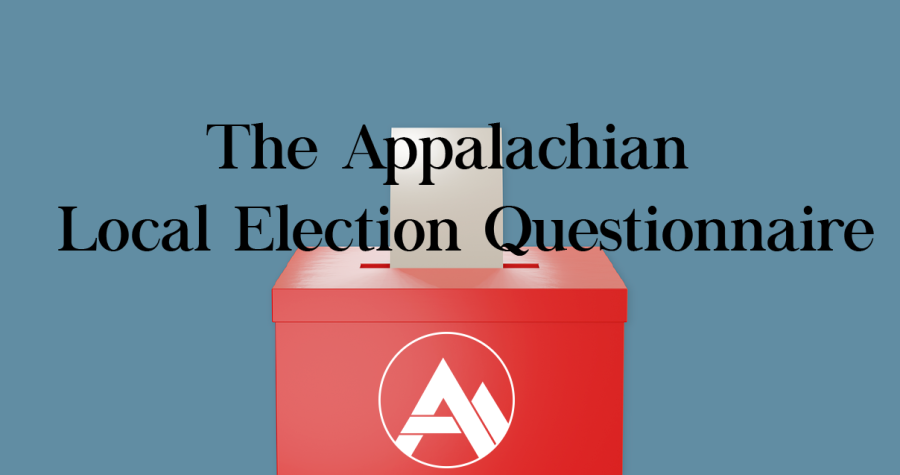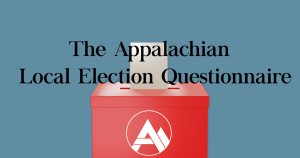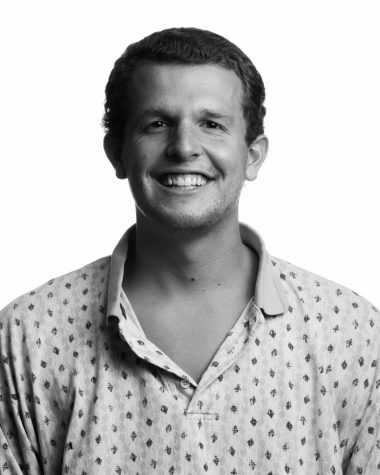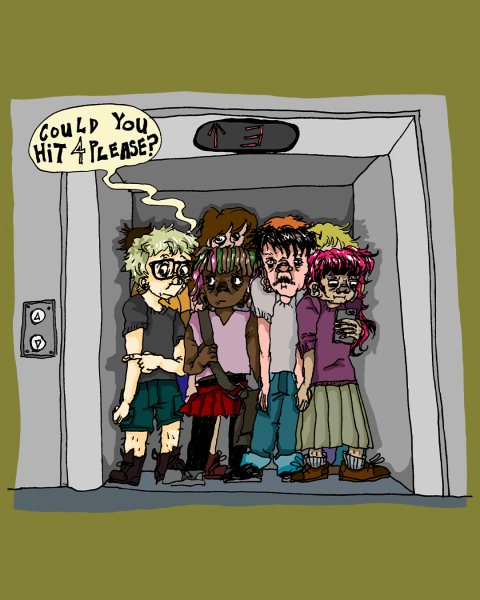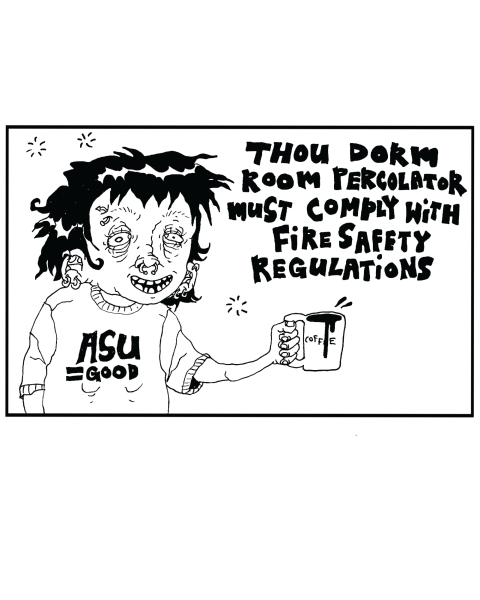How will they work with App State? Municipal candidates answer
October 31, 2021
Leading up to the Watauga County 2021 municipal general election Nov. 2, The Appalachian sent each candidate the same questions via email, asking what motivated them to run for their positions and how they plan to tackle other issues. Read about how they will work with App State here.
Tim Futrelle (Mayor)
I have already spoken with a number of student organizations and will continue conversations with students and student groups to voice student concerns at the town level. I am also in discussions with the App State administration to revitalize the town/gown committee and to foster a cooperative relationship with the university.
Todd Carer (BTC)
I recognize that App State is a tremendous resource for our community and that the best resources are its students. In addition to being chief development director, I am also the internship coordinator for Hospitality House. I’ve been so fortunate to connect and work with hundreds of students these past ten years. This was no accident. Hospitality House has purposefully positioned ourselves as a “learning lab” for students and the benefits go both ways. As a mentor, I get to hear firsthand the challenges that students face; however, I also get a front seat to the energy, creativity and bold ideas that they bring. If I am elected to town council, I want to expand opportunities for students to sit on town committees, become local government interns and be a part of ongoing work groups. In my opinion, students remain an untapped resource for local government and we can do better.
Beyond that, I am for intentional, transparent and managed growth – and that must include cooperation with the university and county. It appears that many times university administration puts its “growth goals” ahead of everything else, including the student experience and faculty pay or retention. I believe that “student prosperity” should come before “university prosperity.” Boone’s uniqueness and small-town charm are what make it special – for everyone, and I want to ensure an open and transparent growth plan with everyone at the same table, making decisions for the good of everyone, not just the few.
Dalton George (BTC)
There is always room for collaboration between the university and the Town of Boone. We must have a strong working relationship to ensure the success of our town and those living in it. Increased transparency between the two bodies is a good way to begin to bridge that gap. Expanding town-gown functions and participation is another way to make sure we build on the existing relationships.
Identifying joint projects is the most important way we can strengthen our relationship. The planned parking deck initiative in the Raley lot, which would allow us to daylight and care for our streams while alleviating the local parking burden, comes to mind. Continuing such projects are the basis for a good and working relationship.
Still, our relationship must be one of good faith. The town must act in the ways that a municipal government does and we must make sure that we do not treat the university in ways that show favor or misrepresent the spirit of equitable governance. In that same vein, the university must not attempt to sway or impact the town’s elections or processes outside of traditional means, such as members of the university’s administration backing “pro-university” political action committees The town exists to advocate on everyone’s behalf, based on the very premise that they are citizens and participants of our community. In contrast, the university itself exists as an institution of education that is regulated by lawmakers in Raleigh.
While the two bodies are driving forces of the area, we do not want the town council to resemble a branch of the university’s administration, just like how I’m sure the administration does not want to become a branch of town council.
Benjamin Ray (BTC)
Benjamin Ray did not respond to The Appalachian’s questions.
Virginia Roseman (BTC)
I hope to create a trusting relationship through communication, that is both understanding of Boone’s limited space to grow (we are almost at capacity since Boone’s ETJ was dissolved by the state), and ASU desire to grow. This can be done but only with mutual understanding of how each effects the other. I want App State to succeed. It is a vital part of what makes Boone great. But, caring for our community and the people who live, work and patron Boone’s businesses is what keeps Boone financially strong. If the town and the university could work together to tackle growth issues, both will be better off.
Eric Wooldridge (BTC)
I think the town and App State must come together on the two biggest issues I mentioned earlier: affordable housing and growth management. There must be a unified plan and vision for our community, and consistent dialogue. Also, I think there are some additional opportunities to connect more ASU students with mentors and leaders within our community. This will not only provide educational opportunities, but will also help Boone retain graduates to live and work in our community for the long-run.
Eric Brown (BTC)
The position is one of support from an angle of service as we coexist with App State. Let’s make efforts that nurture shared goals and strategies to grow a bond of understanding, respect, and volumes of curiosity about what makes our added inputs, commitment, work, and outputs further prosperity as a humble and empirical diverse set of endeavors, firm in convictions, and esteemed in its merits.
Christy Cook (BTC)
I currently work on campus and so I fully understand and appreciate the fact that the Appalachian State University community is certainly one of our most important and diverse constituency groups. Fostering and maintaining healthy working relationships with all of our community partners could not be more important. That’s the only way that we’ll be able to move forward together.
The town and town council should always be “constituent-centered” because after all – that’s our primary job. We’re here to represent our community members and the only way that we can effectively do that is to engage with our local groups at every possible opportunity. This means purposefully ensuring inclusive and across-the-board perspectives are always included in public business meetings and governmental listening sessions. But effective engagement doesn’t just happen. We must continue with an effective engagement strategy to help guide the work.
Becca Nenow (BTC)
I would like to work with both student and faculty liaisons to hear what their concerns and goals are and how we as the town might be able to respond to their concerns and work collaboratively on goals so they might be accomplished more efficiently.
Edie Tugman (BTC)
Edie Tugman did not respond to The Appalachian’s questions.

